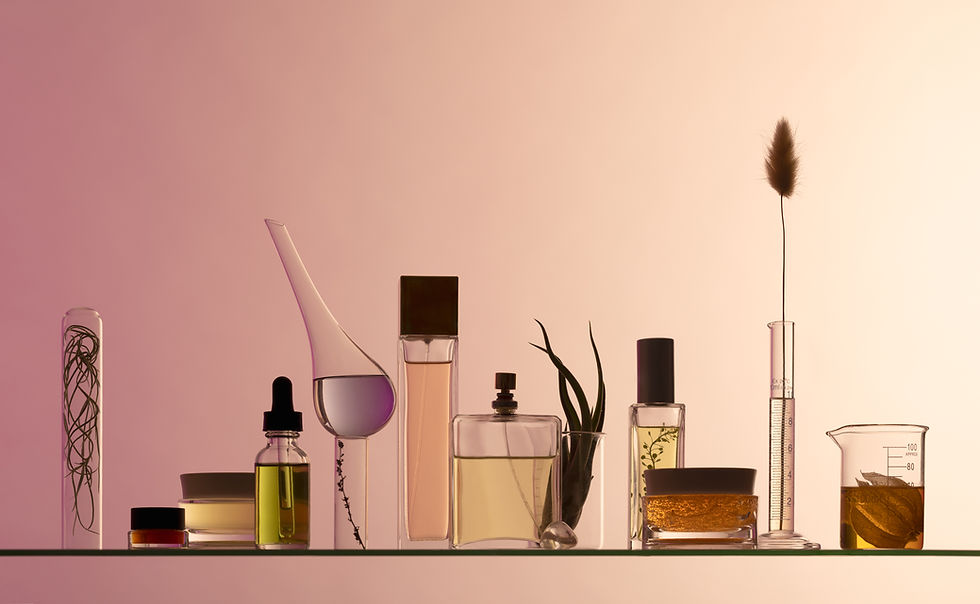When is Soap not 'Soap'
- bandwapothecary
- Apr 16, 2024
- 1 min read

First, what exactly is soap? When a fatty acid, commonly vegetable or animal fats, are combined with a base (lye), the resulting chemical reaction, known as saponification, is soap. It is important to mention that a cleanser without lye is simply a detergent.
The U.S. Consumer Product Safety Commission (CPSC) regulates soap, however soap can also be considered a cosmetic or a drug and in those instances the regulator switches to the U.S. Food & Drug Administration (FDA) with much tighter regulations and restrictions.
Per CPSC, the designation is based on, "How it’s intended to be used: The product is labeled, sold, and represented only as soap. Making claims such as moisturizing skin, making the user smell nice, or deodorizing the body could classify the product as a cosmetic; making claims such as intending to treat skin conditions (like acne or eczema) or killing germs could classify the product as a drug."
Basically, if the soap makes any claims to do anything other than clean, it must meet FDA guidelines and also stay within the bounds of claims that are allowable. For the maker it is important to know this to avoid legal and/or financial repercussions and for the consumer this information is important because there are many 'claims' on products that are not legal or true.



Kommentarer